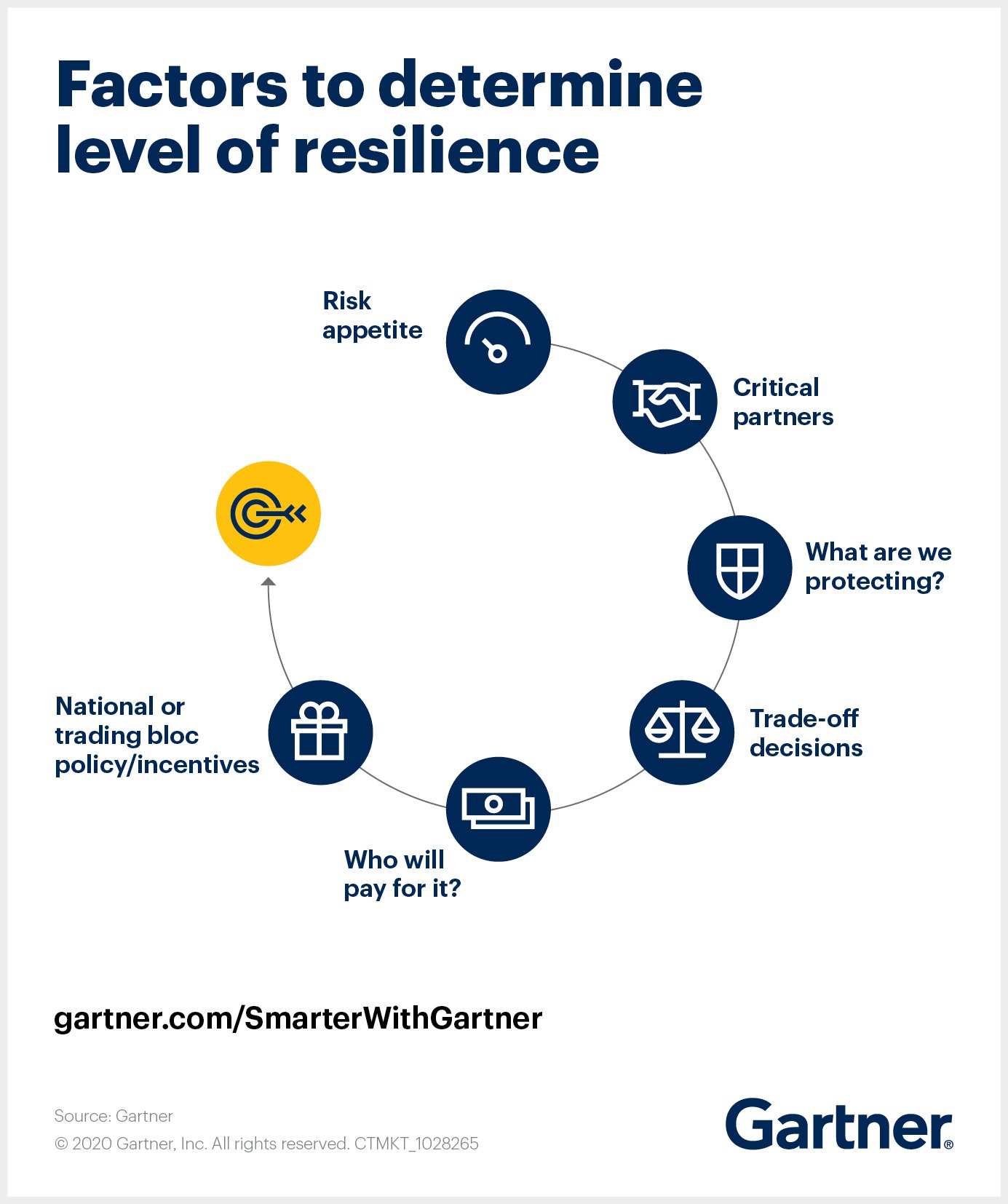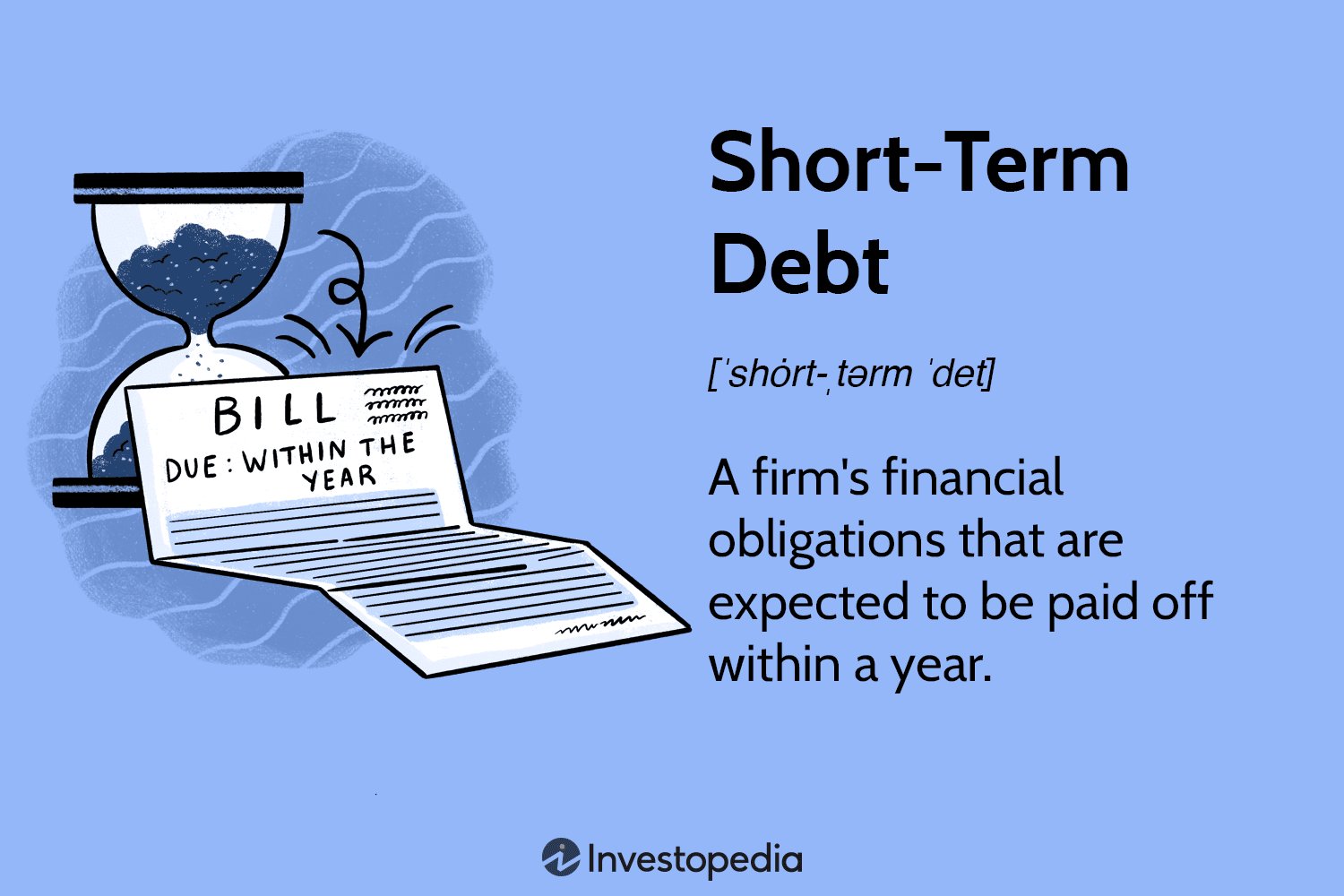Considering diversifying globally? Look no further! In today’s interconnected world, expanding your investments or business ventures beyond local borders has become not just advantageous, but necessary. Why should you consider diversifying globally? Well, the benefits are manifold. Firstly, it allows you to tap into new markets and reach a wider customer base. Secondly, it provides a hedge against local economic downturns, reducing your vulnerability to regional fluctuations. And lastly, it opens up opportunities for innovation and learning from different cultures and business practices. So, if you’re ready to take your endeavors to the next level, it’s time to seriously consider diversifying globally.
Why You Should Consider Diversifying Globally
The Benefits of Global Diversification
Diversification is a key strategy for mitigating risk and maximizing returns in any investment portfolio. While diversifying within your local market is essential, there are significant advantages to considering global diversification as well. Here are some compelling reasons why you should expand your investment reach across borders:
1. Risk Reduction
By diversifying globally, you spread your investment risk across different countries, industries, and currencies. This reduces the impact of local economic downturns or political instability on your overall portfolio. When one market is struggling, another may be thriving, helping to balance out losses and enhance long-term stability.
2. Access to Emerging Markets
Many emerging markets offer attractive investment opportunities due to their rapid economic growth, expanding middle class, and increasing consumer demand. Investing globally allows you to tap into these markets and potentially benefit from higher growth rates, diversifying your exposure to different stages of economic development.
3. Currency Diversification
By investing in assets denominated in different currencies, you can protect your portfolio from the fluctuations of a single currency. This helps minimize the impact of currency devaluation or appreciation on your investments. Currency diversification can also act as a hedge against inflation or geopolitical risks affecting a specific country or region.
4. Sector and Industry Exposure
Different countries often have strengths in specific sectors or industries. By diversifying globally, you can gain exposure to a broader range of industries, potentially capitalizing on unique growth opportunities unavailable in your local market. This diversification strategy enables you to benefit from global trends and technological advancements across various sectors.
5. Portfolio Performance Enhancement
Global diversification allows you to benefit from uncorrelated returns. While some markets may be experiencing a downturn, others may be thriving. By investing across different geographies, you increase the likelihood of gaining access to outperforming markets and assets, potentially enhancing the overall performance of your portfolio.
Considerations When Diversifying Globally
1. Research and Due Diligence
Before venturing into global markets, it’s crucial to conduct thorough research and due diligence. Understand the political, economic, and regulatory environments of potential countries or regions. Investigate the performance and stability of local markets, evaluate the transparency of financial systems, and assess the ease of doing business.
2. Cultural and Language Differences
Expanding into international markets brings the need to navigate cultural and language differences. Consider partnering with local experts or utilizing language translation services to overcome potential communication barriers. Understanding cultural nuances and business practices can also help build trust and establish successful relationships with international partners or clients.
3. Legal and Regulatory Compliance
Each country has its own legal and regulatory framework governing investments. Familiarize yourself with the local laws and regulations, tax implications, and any restrictions or limitations on foreign investments. Ensuring compliance with these requirements is vital to avoid legal issues and penalties that may arise from improper or uninformed international investing.
4. Currency Exchange and Hedging
Fluctuating exchange rates can impact the value of your international investments. Consider the costs and risks associated with currency exchange and explore hedging strategies to protect against exchange rate volatility. Hedging involves using financial instruments to offset potential losses from currency fluctuations, providing a level of protection for your investments.
5. Diversification Strategy
Develop a clear diversification strategy when investing globally. Determine the allocation of your assets across different markets, sectors, and currencies to achieve optimal diversification. Assess your risk tolerance, investment goals, and time horizon to establish a well-balanced and diversified portfolio that aligns with your overall investment strategy.
Global diversification offers numerous benefits, including risk reduction, access to emerging markets, currency diversification, sector exposure, and potential portfolio performance enhancement. However, expanding into international markets requires thorough research, understanding of cultural differences, compliance with local regulations, and careful consideration of currency exchange and hedging. By implementing a well-defined diversification strategy and keeping these considerations in mind, you can take advantage of the opportunities offered by global markets while minimizing potential risks. Start exploring the world of global diversification and unlock the potential for long-term investment success.
Ken Fisher on Why You Should Invest Globally and Diversify Your Portfolio
Frequently Asked Questions
Frequently Asked Questions (FAQs)
Why should you consider diversifying globally?
Consider diversifying globally for the following reasons:
What are the potential benefits of global diversification?
Global diversification offers several potential benefits, including:
How does global diversification reduce investment risk?
Global diversification helps reduce investment risk in the following ways:
Does global diversification provide better long-term returns?
Global diversification has the potential to provide better long-term returns due to:
What are the risks associated with global diversification?
While global diversification offers potential benefits, it is important to be aware of the following risks:
How can diversifying globally help during economic downturns?
Diversifying globally can be beneficial during economic downturns because:
Can global diversification help protect against currency fluctuations?
Yes, global diversification can help protect against currency fluctuations by:
What role does political stability play in global diversification?
Political stability plays a significant role in global diversification as it:
Final Thoughts
Diversifying globally can be a wise investment strategy for several reasons. Firstly, it allows you to tap into a broader range of markets, reducing your dependency on a single economy. This can help protect your portfolio from potential downturns in a specific region or industry. Secondly, global diversification provides access to new growth opportunities in emerging markets, which can offer higher returns compared to more mature markets. Additionally, investing globally can also help mitigate risks associated with currency fluctuations by spreading your investments across different currencies. Ultimately, considering diversifying globally is crucial for building a resilient and well-rounded investment portfolio.



